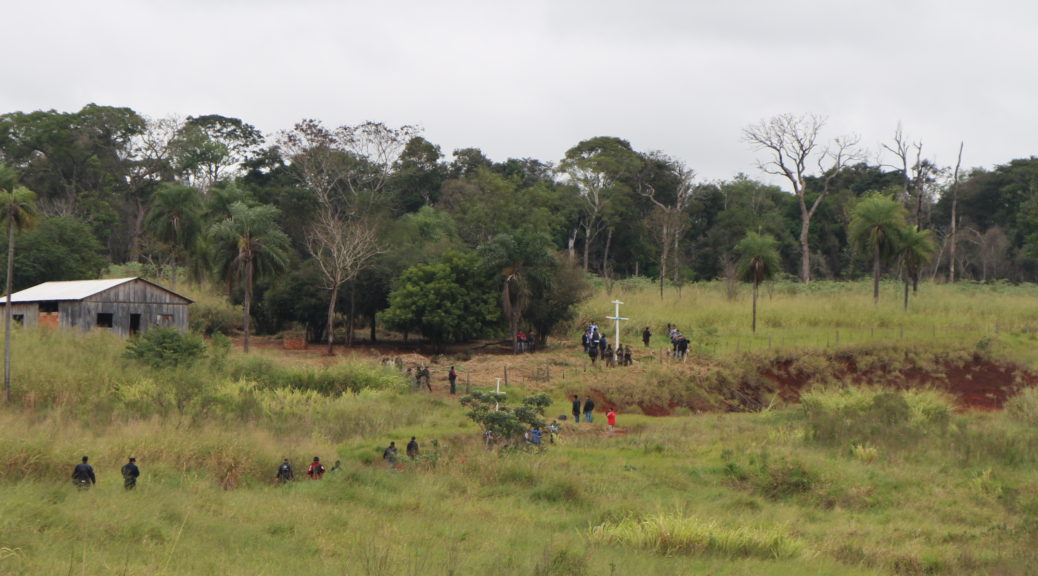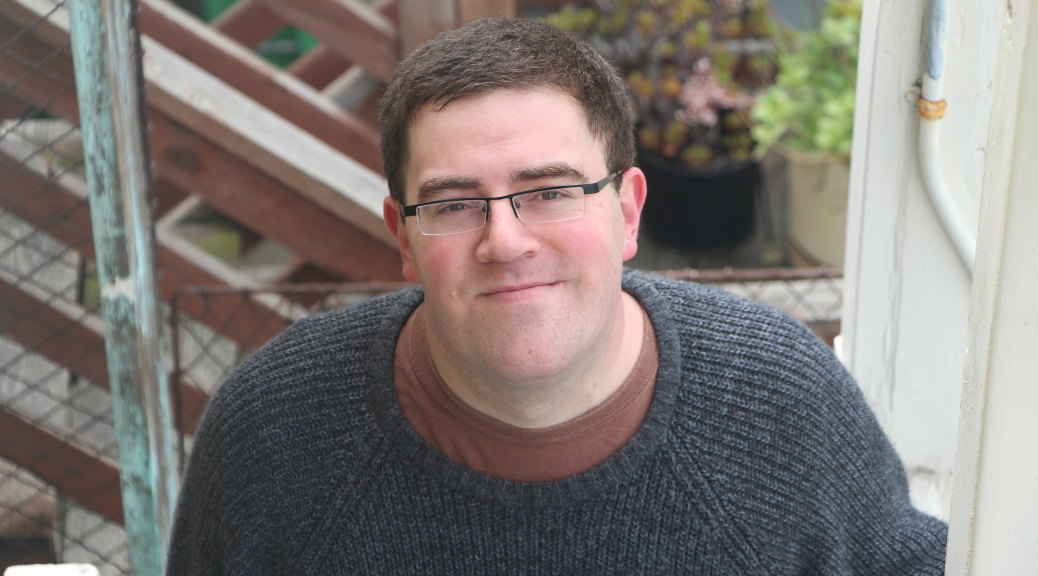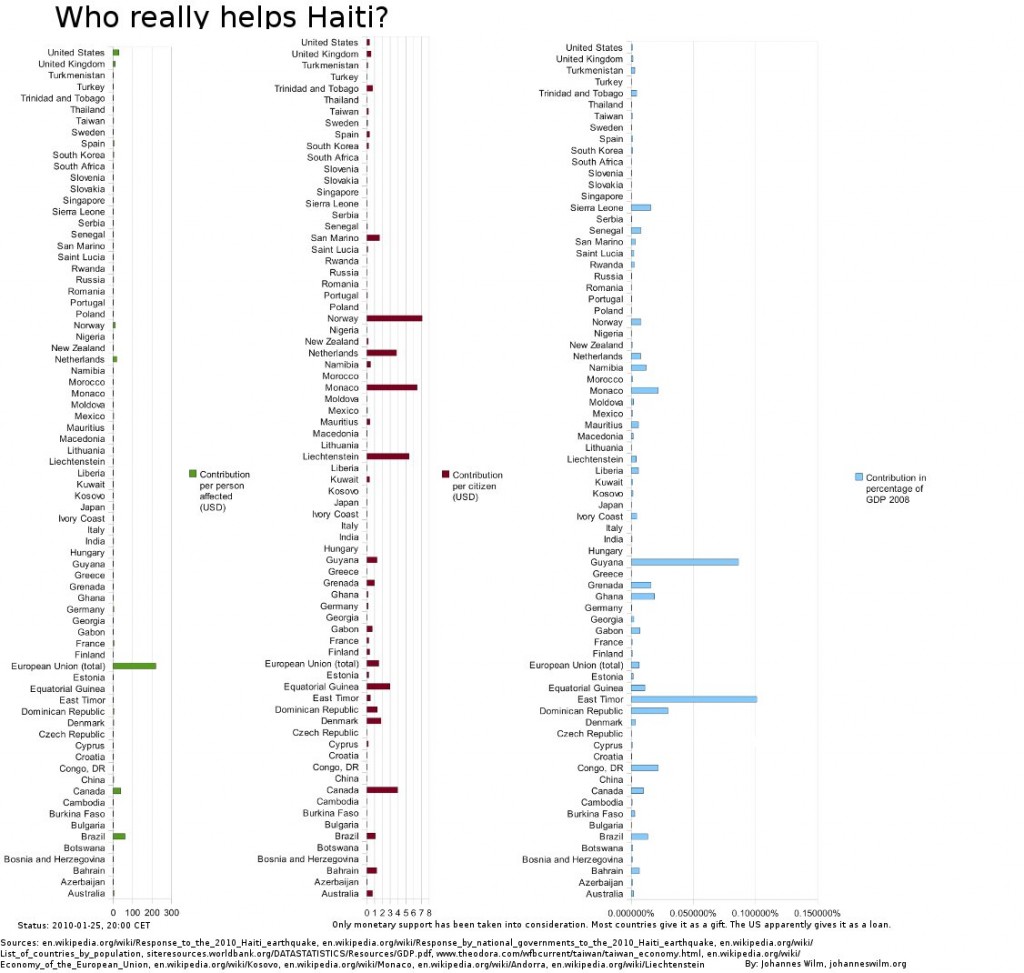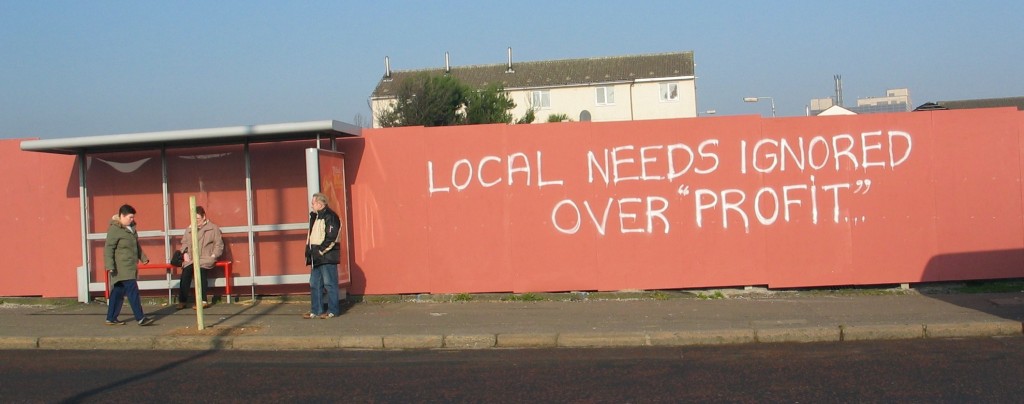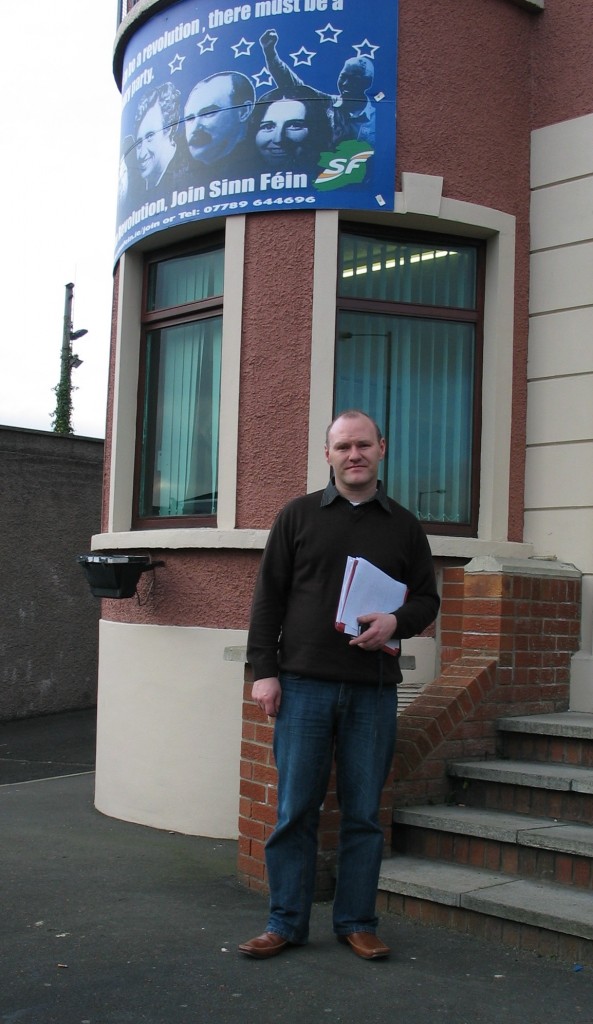While doing some family research, I recently came across an article about my grandfather from October 29, 1952 in the newspaper of his hometown, Silkeborg, Denmark. He was spending his holidays there while working with the newly created United Nations on improving the situation of Palestinian refugees in Jordan. This was only four years after the 1948 expulsion of Palestinians. Reading this, with the backdrop of US President Trump’s recent announcement that the US wants to take over the Gaza strip, I wonder whether there really has been any progress in history since then.
Young Silkeborg Engineer’s Experiences AbroadSilkeborg Avis, 29.10.1952
(Translated from Danish by DeepSeek AI)
With the Red Cross, Save the Children, and the UN on aid missions in Europe and the Middle East, Korea is Engineer Bent Nissen’s next destination.
Engineer Bent Nissen from Silkeborg recently returned to his hometown after over six years of aid work in countries where war and its aftermath have created a need for assistance. As the newspaper reported earlier, Bent Nissen was home on vacation in June this year and then returned to Transjordan, where he has recently been working for the UN. Now, the aid work for the 800,000 Arab refugees, which the assistance has covered, is being systematized, and the Arab government has expressed a desire to continue the work independently. As a result, most of the approximately 100 technicians from 14 different nations who led the efforts have had to leave the country.
Began in Poland
Bent Nissen was active in the resistance movement during the war here at home, and in the summer of 1946, he traveled abroad for the first time. At that time, he was affiliated with Save the Children and went to Poland, where he worked on the administration of food supply transports. After a year of work in Poland, he moved to Romania and then to Hungary, still engaged in administrative work. Finally, he spent some time in Greece during the Greek Civil War. After his stay in Greece, Nissen joined the Red Cross and worked for a shorter period in Austria as the administrative head of a series of children’s homes.
To the Middle East
In 19401, Bent Nissen was transferred to the International Red Cross and became involved in setting up refugee camps for the 800,000 Arabs who had to leave Palestine to make room for Jewish settlers. He first worked in Syria and Lebanon and then moved to Transjordan. When the UN gradually took over the aid work for the refugees, the international aid workers came to operate under the UN. They served as the technical link between the Arab government and the UN and carried out practical work, primarily organizing food supplies for the many refugees and then helping to resettle them in new areas—an enormous task that, understandably, is still in its early stages and will take years to complete. A large portion of the refugees are housed in tent camps, while others are in newly built villages. There are plans to cultivate new agricultural areas—plans that the UN will continue to support with funds and advice, to the extent desired by the Arabs.
Nine Months in a Tent Camp
The young Danish engineer has naturally experienced a variety of things during his stay in these foreign surroundings. “I lived in tent camps for nine months,” he tells the newspaper in an interview. “But recently, I rented an apartment with two Englishmen in Amman—a city in Transjordan—and lived quite comfortably. Still, it was lonely!”
- Can you not interact with the locals?
- Yes, to some extent, you can make contact with them. I often did when some matter needed to be resolved, and I have occasionally been a guest at a Bedouin chief’s tent and invited to eat with him. It is undoubtedly a unique form of hospitality. You are not invited in advance to eat, but when you arrive at a Bedouin camp to negotiate something, you are invited in, and then the sheep you are to eat is first slaughtered and then roasted whole. Both before and after the meal, you are served Arabic coffee in long rounds, and the food is naturally eaten with your hands, after the host has found the fattest piece and cut it off for the guest. The most important people eat first, and then the others are ready to pounce on the leftovers. The women, of course, do not eat with the men.
Wives on Installment!
There is also the peculiarity, Engineer Nissen explains, that while Muslim women in the cities still go about heavily veiled, Bedouin women are never veiled but are instead heavily tattooed on their faces. A Muslim man may have multiple wives—up to four. However, wives are not free. They can be acquired on installment! A very common rule is that the husband pays 60% of the bride price when he takes her, and if he later becomes tired of her and wants to get rid of her, the remaining 40% must be paid immediately. In reality, this arrangement provides some protection for the wife. It is quite common for a man to marry at the age of 16-17 and then take a new wife when he is 30, and another when he is 40. But Wife No. 1 remains the most important in the group, and the others must do the hardest work.
Is Korea Next?
What are your plans now? we ask.
I would like to go to Korea. There are still many tasks within the UN to tackle—work is underway in most underdeveloped countries, and there will especially be a major reconstruction effort in Korea. I would like to be part of that—perhaps for a couple of years. If it works out, I expect to leave within three months.
Do you have the impression that the UN is succeeding in its aid work?
Yes, absolutely. The work for the 800,000 Arab refugees has ensured that no one is starving. Food has been provided for all of them, and there are still funds available to continue the work. The question is simply whether the Arabs themselves can manage to continue the work that has been started. It is an extremely difficult task to replace a colonial system with a self-governing system. But it has been recognized that it is a practical, necessary task for the civilized world to help underdeveloped countries.
My grandfather never ended up going to Korea. My mother was born on July 11, 1954, and their family of four settled in Vanløse at the outskirts of Copenhagen, where he died in 2003. I have found no mentionings of him in the press after the early 1950s.
Has my grandfather’s legacy influenced my family? My parents were involved in the environmental movement and the struggle against nuclear weapons in the 1980s. I became involved in left politics in the late 1990s in Germany and Norway and later at a local level in the Swedish town I now live in. I terms of aid work, I have worked on IT solutions for the Nicaraguan ministry of agriculture, Fews.net, UNICEF and other aid organizations, but this was mostly as a contractor from the comfort of a home office and never at the level of having to stay in tent camps for months at a time.
- The year 1940 is likely a typo in the original article. Based on the context, this should probably be 1950 or 1948. ↩︎


